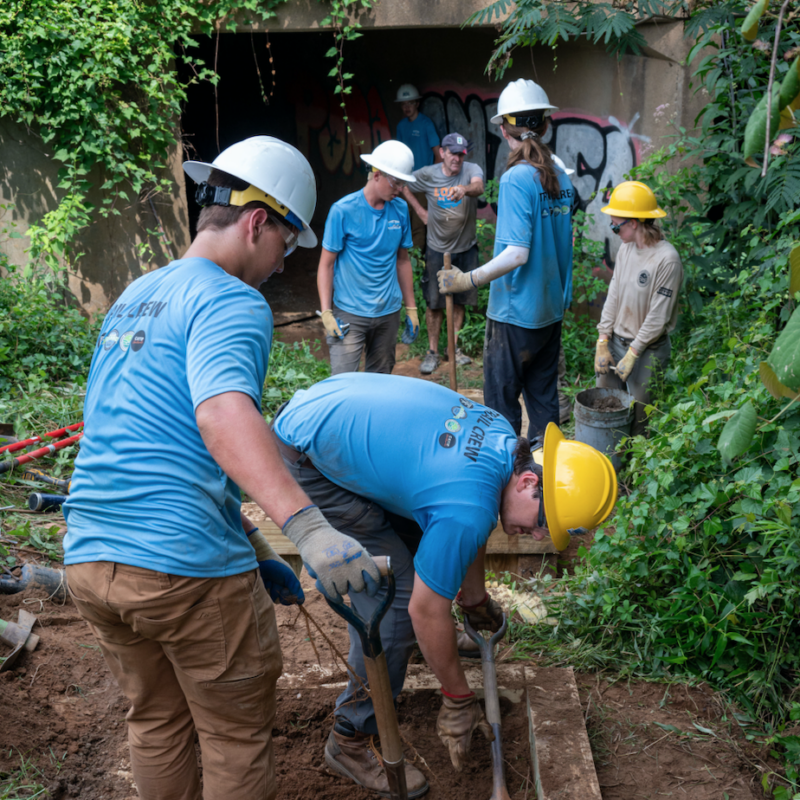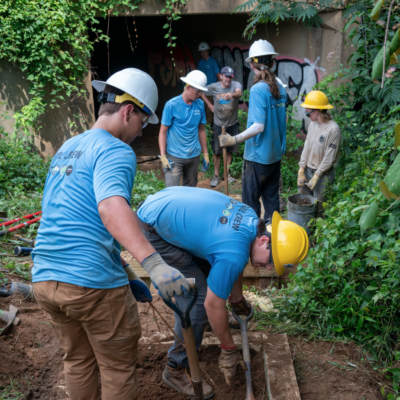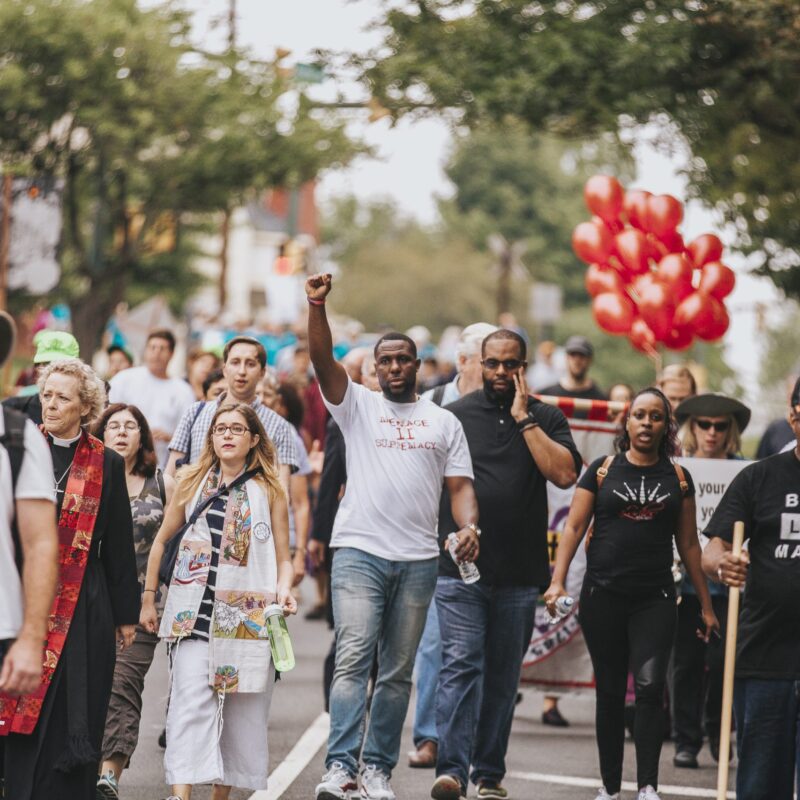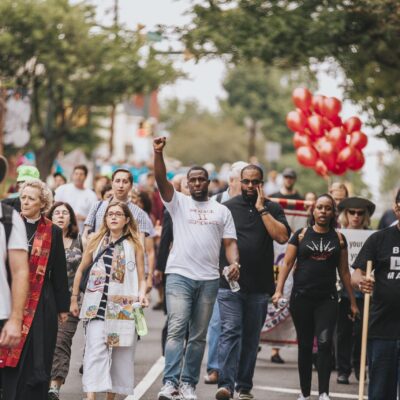 Why ask Y? In May, the Charlottesville Area Fitness Club Operators Association filed lawsuits against the Board of Supervisors and City Council. The suits claimed private clubs like ACAC and Gold’s Gym were denied a fair shot at construction bids for the McIntire Park YMCA.
|
Kurt Krueger, chairman of the YMCA Board, says the board is pleased with the judge’s decision. “It is consistent with what we have believed and maintained all along, which is that it was both appropriate and legal for the county to make a charitable contribution to the Y,” he says.
The suit also claimed that the county’s allocation of $2.03 million from its Capital Improvements Program to the YMCA was overreaching and “outside the lawful authority of the County.” CAFCOA filed a similar lawsuit on the same day in May against the City of Charlottesville, which agreed to allocate $1.25 million for the construction of the facility.
“We certainly respect Judge Higgins’ ruling,” ACAC CEO Greg Wells says. “We disagree with it, but we respect it.”
Opposition to building a new YMCA facility in McIntire Park has been vocal for some time. In February, the McIntire Park Preservation Committee (MPPC), formed specifically to protest the construction of the YMCA in the park, took out a half-page ad in the Daily Progress that asked area residents to contact their representatives in local government to encourage them to fund education instead of a nonprofit fitness facility in a public park.
On December 2007, City Council granted the ground lease for the YMCA to build its facility on the east end of the park. Under the agreement, the projected 77,000 square foot facility will lease the land for $1 a year for the next 40 years. The MPPC contested the legality of the ground lease in spring 2009, and said Council’s 3-2 vote lacked a “super majority” needed under the Constitution of the Commonwealth.
When the city decided to lease the property, it asked for proposals for a nonprofit recreation center, according to a copy of the original advertisement. CAFCOA’s lawsuit claims that the invitation for bids “precluded [fitness club owners], and was intended to preclude them, from submitting a bid.” The plaintiffs also claim that they were denied due process.
“The city case focuses on the premise that we were unjustly denied the opportunity to participate in the process,” says Wells, who adds that local club owners “weren’t asked” to bid. “We certainly would have considered it,” he says. Brown says the city’s action “was not unreasonable, not arbitrary, nor an unconstitutional violation,” he says.
A hearing date has not been set for the city’s lawsuit. However, both the city and county lawsuits allege a violation of the procurement act. “In my opinion, it’s the same issue,” says Brown. “So I would anticipate the same ruling.”
Krueger seems to anticipate the same result, too. “Once we get the city lawsuit dismissed, there is no more possibility of an injunction to stop us from starting,” he says.
Including allocations from the city and county, the YMCA board has raised about $9 million in pledges for its $15 million project, and plans to finance the remaining portion. “A portion of those have been paid, but most of those pledges were payable over five years,” says Kruger. Pledge payments will dictate the level of financing for the remainder of project costs.
Although Krueger says lawsuits and complaints have affected the board’s capital campaign, other hesitant donors “will come forward to support the project as we get closer to being a reality. That’s the important part.”





